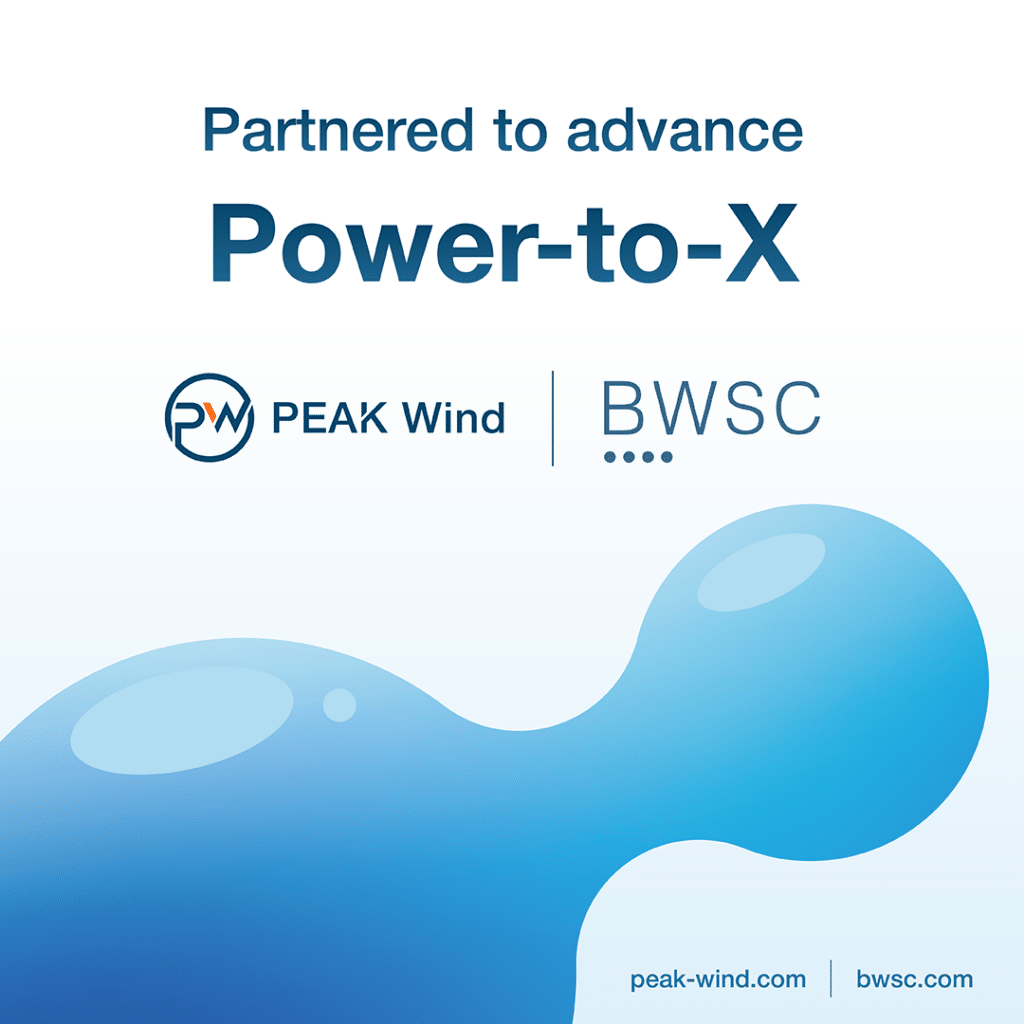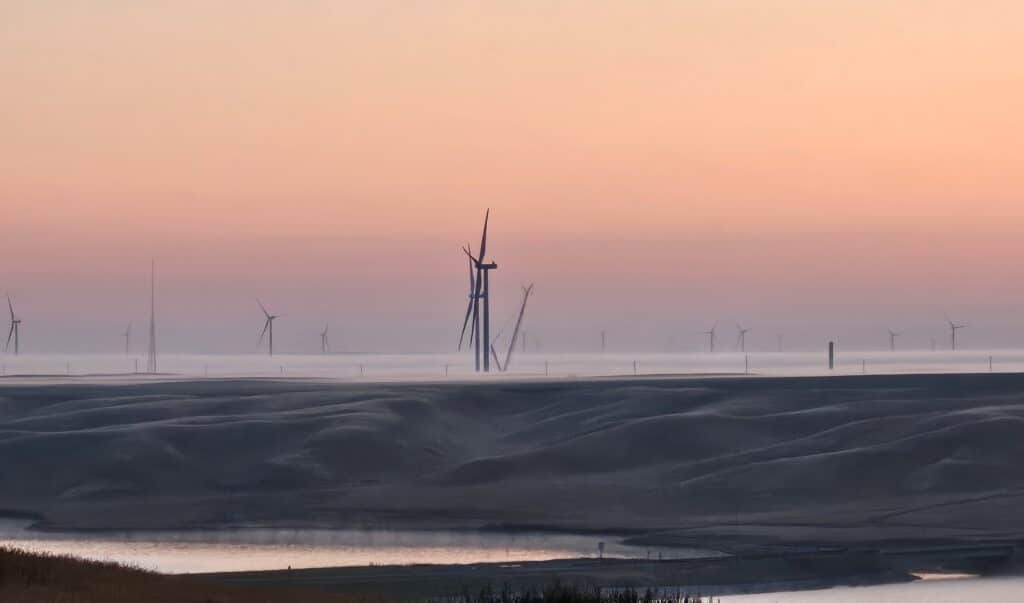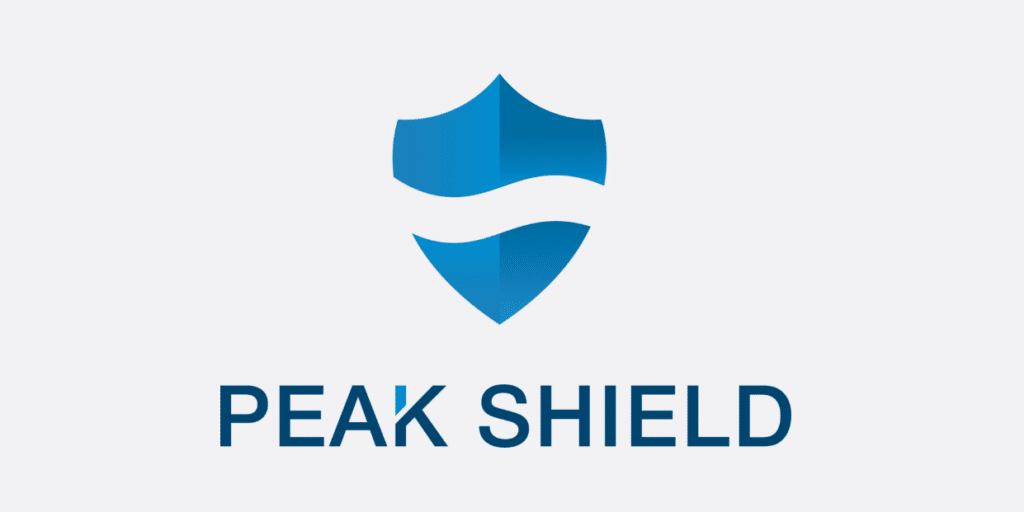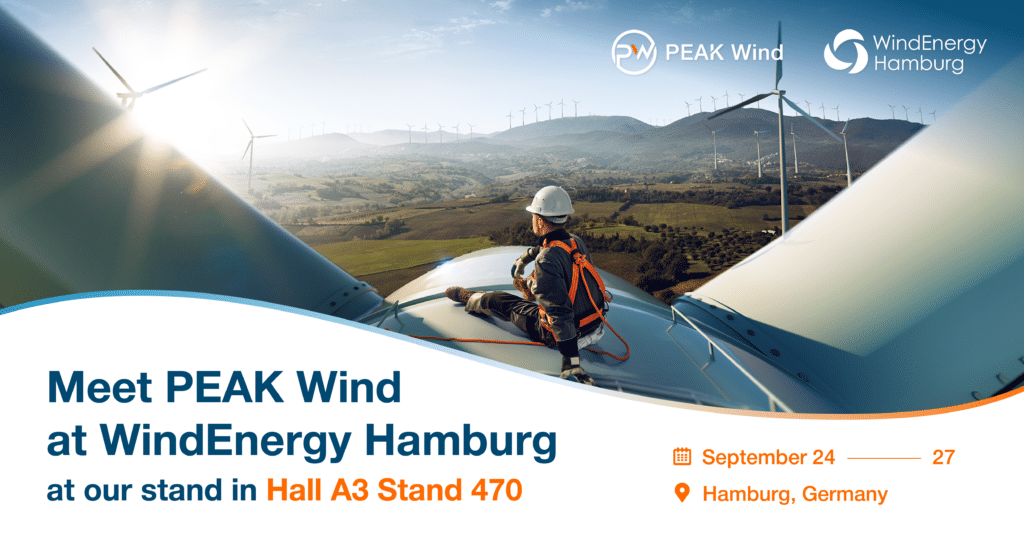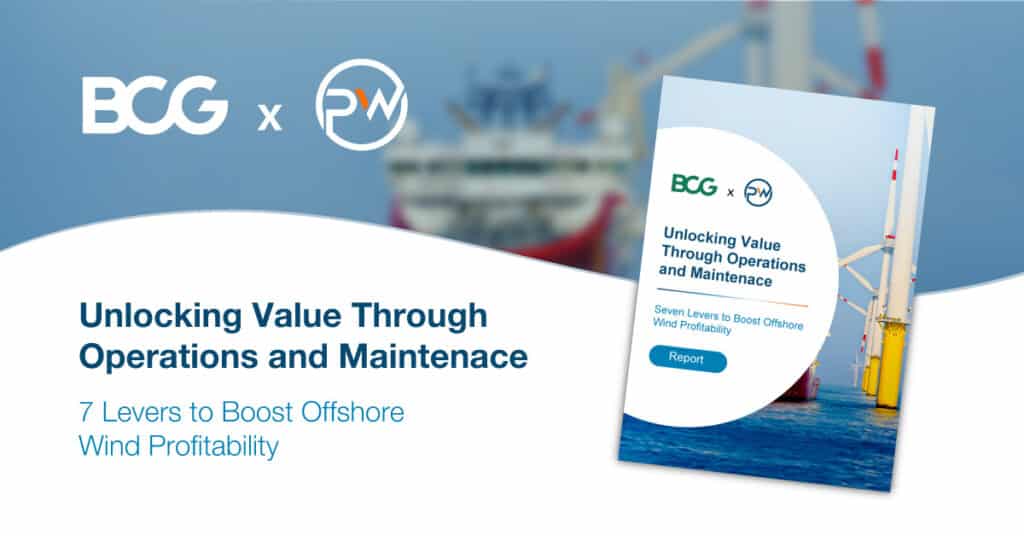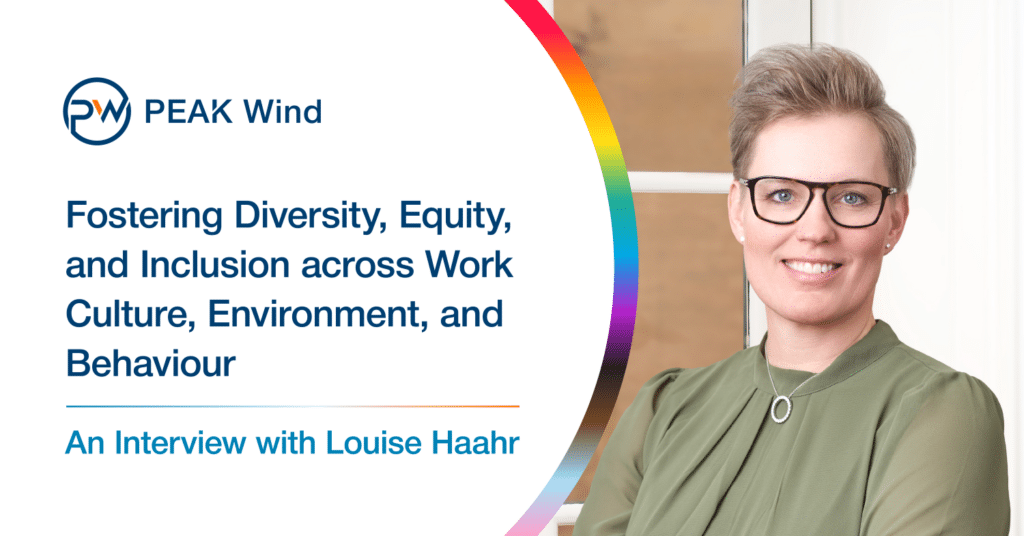
To learn more about the experience of being a female leader in the renewable energy industry, we sat down for a chat with Lene Hellstern, Director and Head of Engineering and Asset Integrity, and Marta Sierra Castanon, BoP Technical Manager.
From overcoming challenges to future developments – read on for an inspiring insight into diversity and equality within the future world of work.
Hello, firstly, could you introduce yourselves and your area of competence?
Lene: Hi, I’m Lene Hellstern, on February 1st this year, it was 23 years since I started in the wind turbine industry and on the same date, four years ago, I started at PEAK Wind.
I have always been interested in technical challenges – my background is in Mechanical Engineering – at PEAK Wind I’m a Director and I head up the Engineering and Asset Integrity team, which is made up of three teams: BoP – Balance of Plant, WTG, and our Engineering Development Programme.
Marta: I’ve been in the renewable industry for 12 years now, 10 of those in offshore wind. I started in solar and then I made the switch. My background is in industrial engineering with a speciality in electrical – that’s how I ended up in cables and substations.
I’ve been working at PEAK Wind for 8 months as a team lead for the Balance of Plant team which includes array cables, export cables, offshore substation, onshore substation etc. I’ve worked in operations for 25 operational Wind Farms, supporting our technicians on site as a direct point of contact.
What did you do before joining PEAK Wind?
Marta: I’ve worked for a small company within solar, in a combination of commercial and technical support, then a business focused on turnkey projects, followed by a large corporation. Now I’m in PEAK Wind, which is a great size because you can always reach out to everybody and ask questions, there’s less bureaucracy and more focus on really getting things done.
Lene: I’ve worked for all types of businesses, from OEMs to large owners and developers with in the Wind turbine industry, and now I’m working in a consultancy role for PEAK Wind. This background has given me useful insight for my role – when I sit with a client, I know what they are going through, I understand why they say what they say, and I know what it is they need to move forward.
What are some of the challenges you have faced in your career?
Marta: For me it’s been a challenge finding a team with a balance in diversity, particularly between the genders. Now there are many more women in the industry, but in the past I’ve experienced a significant imbalance, both in consulting and on projects.
Lene: Yes, unfortunately it’s still not unusual today to be in a call where there are 25 men and you are the only woman.
Why do you think there is an imbalance in the industry?
Lene: I think it starts at the education, but there is more to it.
Marta: Yes, when I was a student it was 90% men and 10% women, especially in the electrical track, nowadays, in engineering courses, the split is more 50/50, so this has improved.
But still, when on site or offshore, there is more of an imbalance – there’s always been that issue that women are underrepresented.
Lene: I think offshore wind farms have historically been a challenging working environment both for men and women.
Marta: And it’s not only offshore, even just going on site, there can be some who display strong biases, some assume you don’t know your topics, so you can be pushed out of a conversation, or you can make a technical recommendation and not be heard unless a male colleague supports your opinion – that’s a difficult situation to be in.
Lene: Yes, I’ve previously had experiences where I’ve been explained to why we should do blade maintenance, one of my areas of expertise – I just stop them and politely explain that I have been in this industry for 23 years and I wouldn’t be at this level if I didn’t know a blade needs maintenance. There is sometimes a feeling that you are perceived as less technically competent.
How do you overcome these challenges?
Marta: In these specific cases, where you are surrounded by people who may doubt you due to their own biases, it can work when you stand your ground – be polite but firm and show that you come from a position of knowledge.
I also think it helps to build a network of supportive colleagues and to engage in the wider renewable energy community, to share experiences and support each other through challenging circumstances – ultimately to talk about the issues and raise awareness so that many people can act together to change the situation.
Lene: Yes, I agree. And I also look at what I can control and what I can change to improve the situation and support women in their career within renewable energy.
For example, within PEAK Wind, we have established the Engineering Development Programme which encourages applicants from a diverse background, straight out of university, and gives every graduate the opportunity to enter the engineering community.
We’ve also formed a group called ‘PEAK Wind Power Up’ Group – where colleagues come together to discuss diversity topics, share experiences, and engage in relevant trainings. This was one of the contributing factors toward our focus on diversity for our business, and as such we have established our Diversity Board.
Through this group we have also done an internal workshop called “Claim Your Space” – as consultants, we are often in leading roles, and we need to start off on the right foot in a project – this workshop helps us to do that.
What else can we do to improve the imbalance of women represented in engineering?
Lene: One thing we can do is study privilege blindness. There is something called Academic Wheel of Privilege and it helps to make us more aware of our own assumptions and be less privilege blind.
There are also unconscious biases, we all have a lot of those and we need to be aware of them, in addition it is important to value the many new ways of thinking or solving technical problems that people who are different from ourselves can bring.
I see immense benefits to having a diverse engineering team – in personality, gender, age, ethnicity, and experience – we get a lot of diverse input and opinions which improves our output.
Marta: We can ensure we make a safe space for people of a diverse background within which to be respected and to feel comfortable, and if that is not the situation, act or speak up to support those not being represented or respected.
“If you like it, go for it! The world of renewable energy is exciting and getting more diverse.“
What advice would you give to young women who want to go into engineering?
Lene: Do it, enjoy it, look at it as a riddle or a challenge, and support each other throughout the journey.
Marta: If you like it, go for it! The world of renewable energy is exciting and getting more diverse. To the students undertaking renewable energy-related education, look at our Engineering Development Programme – we would love to have even more applications!
How do you see the situation changing in the future?
Marta: If more women study engineering, if more women get into the workforce, there will be better integration and we can support women to grow within their organisations.
Lene: We need to start publicly questioning the lack of women in renewable energy organisations, then we will see change.
I try my best to change the areas I can influence – my work, network, etc.
And it is getting better, but there is always more to be done – and there is a task to educate people on the core issues.
Recently we’ve been working a lot with psychological safety. Creating a good work environment for all and helping everyone help themselves. Identifying and working within the mindset that in our immediate surroundings, we can do things differently and make a big impact.
And to conclude, where can people meet more women engineers? Where can they meet the two of you?
Lene: Contact us on LinkedIn, we currently do have open positions – and we also attend many fairs and conferences, so if we’re attending the same event, reach out!
And one last recommendation I would give to further represent women in engineering and in renewable energy, is for all those female engineers and renewable energy professionals out there to send abstracts to conferences. WindEurope are really making an effort to have a balance of diversity in their speakers so take up this opportunity!
For more information check out our Engineering Development Programme or our Vacancies
PEAK Wind is dedicated to fostering a work environment that values diversity. We encourage all interested candidates regardless of age, race, gender identity, sexual orientation, disability, religion, or ethnicity, to apply.
